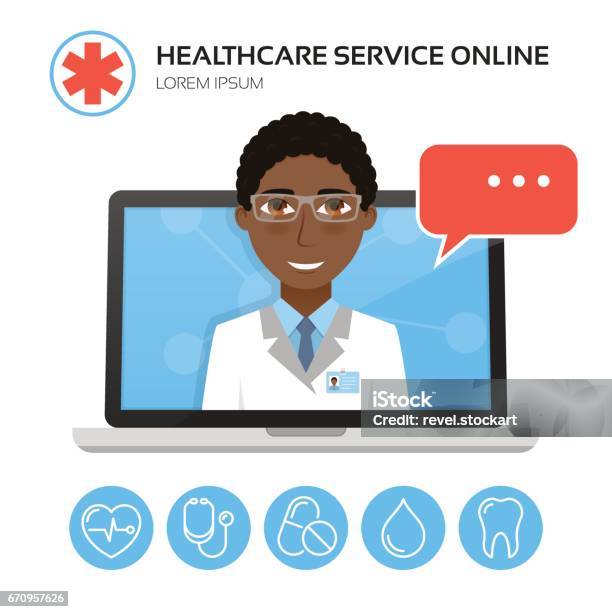Unlocking the Secrets of Subscription Based Healthcare for Better Patient Outcomes
Unlocking the Secrets of Subscription Based Healthcare for Better Patient Outcomes
Blog Article
Exactly How Subscription-Based Healthcare Is Changing the Medical Industry

The Rise of Subscription Medical Care
In the last few years, the medical care market has actually observed a considerable change towards subscription-based versions, mirroring broader customer trends favoring ease and predictability. This makeover is driven by the increasing need for more accessible and customized care solutions. Subscription health care, in some cases described as attendant medicine or direct main care, provides patients a set month-to-month fee for a variety of clinical services, substantially modifying standard fee-for-service designs.
The increase of subscription health care is facilitated by innovations in technology, which enable streamlined interaction between providers and people - subscription based healthcare. Digital systems and telehealth services have come to be indispensable, providing patients the ability to arrange consultations, gain access to medical documents, and receive examinations online. This technological combination not just boosts patient engagement yet likewise allows providers to provide much more effective treatment
Additionally, the registration model aligns with the developing assumptions of patients that look for more control over their healthcare expenses and experiences. While this model is acquiring traction, its proliferation faces difficulties such as regulatory difficulties and the need for broader acceptance within the typical medical care community.
Benefits for People and Companies
Subscription-based health care uses a multitude of advantages for both individuals and providers, reshaping the characteristics of clinical treatment. For people, this design supplies boosted accessibility to health care services.
For healthcare suppliers, subscription-based designs promote an even more sustainable and rewarding technique. Management tasks are often structured, reducing overhanging costs and allowing companies to commit more time to individual interaction. In general, subscription-based medical care straightens the rewards of clients and carriers, promoting a much more effective and patient-centered medical care distribution system.
Trick Functions of the Version
Often, the essential attributes of the subscription-based healthcare model highlight its distinctive approach to delivering medical services. Central to this design is the concept of foreseeable, month-to-month payments, offering patients a comprehensive variety of solutions without the changability of conventional fee-for-service structures. This design typically consists of unrestricted access to medical care services, precautionary treatment, and routine examinations, guaranteeing that people can engage with their healthcare providers proactively rather than reactively.
In addition, straight communication channels, such as telemedicine and messaging platforms, are stressed, permitting people to obtain prompt guidance and consultations without requiring in-person visits. This enhances ease of access and ease, particularly for people with wheelchair constraints or those living in remote locations. The design likewise promotes more powerful doctor-patient connections, as health care companies are incentivized to concentrate on long-lasting health and wellness outcomes as opposed to short-term gos to.
Furthermore, subscription-based healthcare often incorporates technological advancements, such as electronic health and wellness documents and health surveillance applications, to offer reliable and personalized treatment. Patients take advantage of collaborated and constant care monitoring, which is customized to their certain wellness requirements. Eventually, these functions collectively create a patient-centered medical care experience, prioritizing availability, cost transparency, and precautionary treatment.

Challenges and Factors To Consider
While the subscription-based health care version provides countless benefits, it is not without its factors to consider and obstacles. Registration designs might unintentionally favor those with higher socioeconomic standing, possibly widening variations in health care accessibility for lower-income people who might have a hard time with monthly costs.
An additional challenge exists in regulatory compliance. Subscription-based health care must navigate a complex web of guidelines that vary by region, consisting of issues around patient discretion, data security, and state licensing requirements. Guaranteeing compliance without hampering the version's flexibility and innovation can be discouraging for companies.
Furthermore, there is the threat of overutilization or underutilization of services. Individuals paying a why not try this out dealt with fee could overuse services, causing raised functional prices, while others might underutilize as a result of be afraid of straining the system, possibly overlooking needed care.
Future Prospects and Innovations
The landscape of subscription-based medical care is poised for makeover through emerging technologies find this and evolving prospects. As modern technology proceeds to development, the combination of expert system and equipment learning presents substantial chances to enhance diagnostic precision and enhance individual administration. Anticipating analytics can reinvent preventative care by recognizing possible health dangers prior to they manifest, therefore reducing both expenses and the burden on health care systems.
Additionally, telemedicine is readied to expand within membership models, offering clients raised accessibility to medical care specialists despite geographical restraints. This not just promotes connection of care yet also empowers individuals to engage even more actively in their health and wellness administration. Additionally, blockchain technology offers potential in safeguarding client data and making certain interoperability throughout systems, promoting depend on and openness.
The advancement of individualized medication is another frontier, with membership versions offering a special framework for providing customized health options. Hereditary testing and individualized treatment plans can be perfectly incorporated, straightening patient needs with specific medical treatments. Additionally, collaborations in between technology business and doctor are likely to produce cutting-edge remedies, boosting person experiences and outcomes. As these leads appear, subscription-based health care has the possible to redefine exactly how treatment is delivered and accessed.
Final Thought
Subscription-based healthcare is changing the medical market by offering an extra obtainable, foreseeable, and patient-centered strategy to clinical solutions. In spite of difficulties such as regulatory difficulties and possible disparities in accessibility, the membership design holds promise for a more personalized and reliable healthcare experience.
Registration healthcare, in some cases referred to as attendant medicine or direct main treatment, provides individuals a fixed month-to-month fee for a range of medical solutions, significantly altering conventional fee-for-service versions.
Moreover, Continue the registration model straightens with the developing assumptions of people who look for more control over their medical care expenditures and experiences. For individuals, this model provides boosted access to health care services. In general, subscription-based health care lines up the motivations of providers and patients, promoting an extra efficient and patient-centered health care delivery system.
In addition, telemedicine is set to broaden within membership models, offering individuals increased access to medical care professionals no matter of geographical restrictions. - subscription based healthcare
Report this page